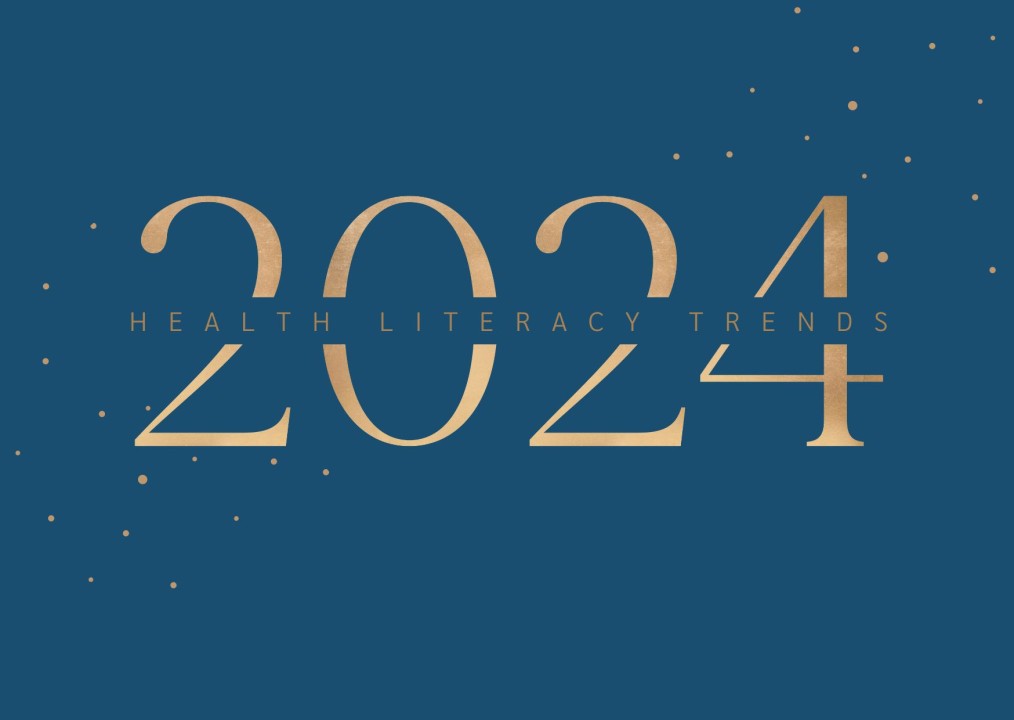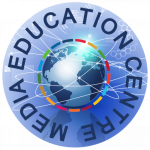Thanks to Kristine Sørensen
Empowering leaders on health literacy by design; Executive Advisor and Founder of Global Health Literacy Academy, President of International Health Literacy Association.

It is the time of year when we look back and look forward to guiding our way forward. Around the world, calls to action are being made on how to promote sustainable and people-centred health. In this context, health literacy is central to success. Based on my insights, I therefore share a list of health literacy trends for 2024 to stimulate further reflection.
- Health literate and user-friendly health services are in high demand in highly complex systems. Patient engagement and plain language initiatives, which use plain language techniques to make health information more understandable, remain a great asset in promoting health literacy.
- Digital health literacy is key to the development of fit-for-purpose technologies with the increasing use of digital solutions in healthcare. It also helps people to better understand GDPR and other legal aspects of data use and protection.
- Self-care literacy and mental health literacy are on the agenda to engage the public in taking better care of themselves and their loved ones. The wellness industry is growing and the wellbeing economy is developing, with a focus on sustainable health systems. Mental health literacy is crucial as many people, especially young people, suffer from mental health problems. Mental health literacy can help overcome stigma and improve diagnosis and treatment.
- Global, national and local health literacy surveys support evidence-based policy and practice. Increasingly, the public and private sectors are including health literacy as a performance indicator in efforts to ensure better health and well-being for all. Health literacy research will continue to improve understanding of the impact of health literacy on health outcomes and to develop interventions to improve health literacy in diverse populations.
- Health literacy in schools and higher education is still in its infancy but is slowly increasing. Health and well-being are key features of thriving societies, and health-literate schools will receive more attention in the coming years. Other settings are likely to follow, such as the development of health-literate workplaces, prisons, etc.
- Health literacy as a professional skill is emerging around the world through its integration into health education and postgraduate programs and in response to everyday challenges. Adoption will accelerate as more capacity is needed to develop health literacy to address health and equity gaps in health systems and beyond.
- Health literacy for cultural safety is a sensitive issue in providing culturally competent care, taking into account the diverse needs of patients and the public from different backgrounds. Transparency about systemic racism reinforces the need for health literacy and cultural competence.
- Health literacy is recognized as a human rights issue, with an increased focus on citizens’ health rights and support for marginalized groups. Community involvement is key to bridging inequalities with dignity and respect.
- Health literacy as a policy priority will continue to grow as more countries adopt national action plans or strategies to promote health literacy. The lessons learned from the COVID-19 pandemic have had a profound impact on how governments engage with the public on health issues and will continue to inform future action.
- Health literate organizations and systems shift the focus of health literacy from the public to the services provided. Increasingly, health literacy is embedded as an asset in organizational strategic development, from the boardroom to the frontline.
These areas of development highlight the growing recognition of the importance of health literacy in a world facing multiple challenges. There are many more to mention. Thank you to all who contribute to the advancement of health literacy for people and the planet. Your efforts are greatly appreciated.


